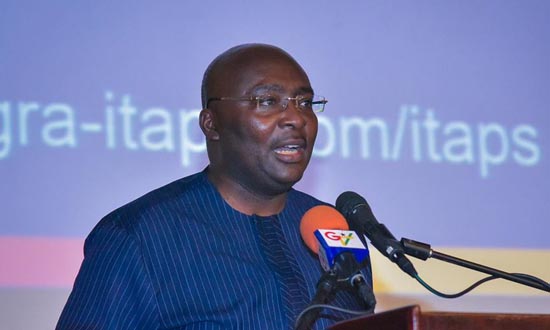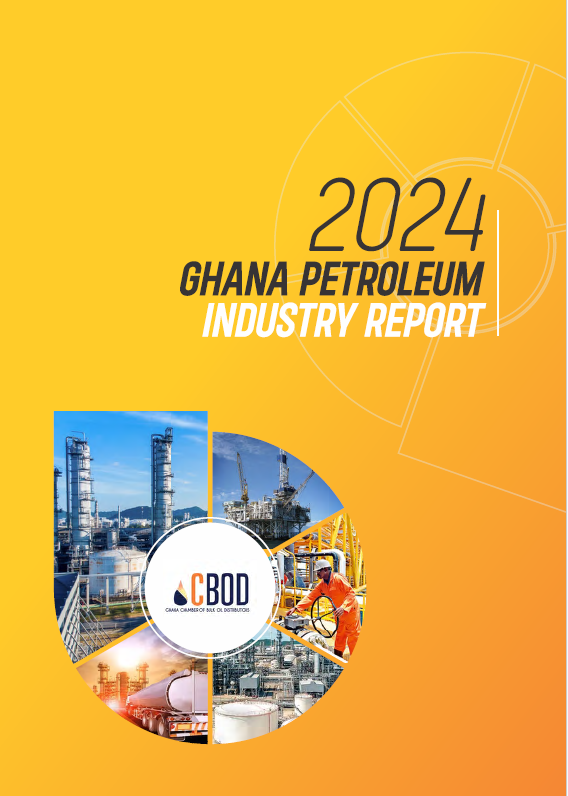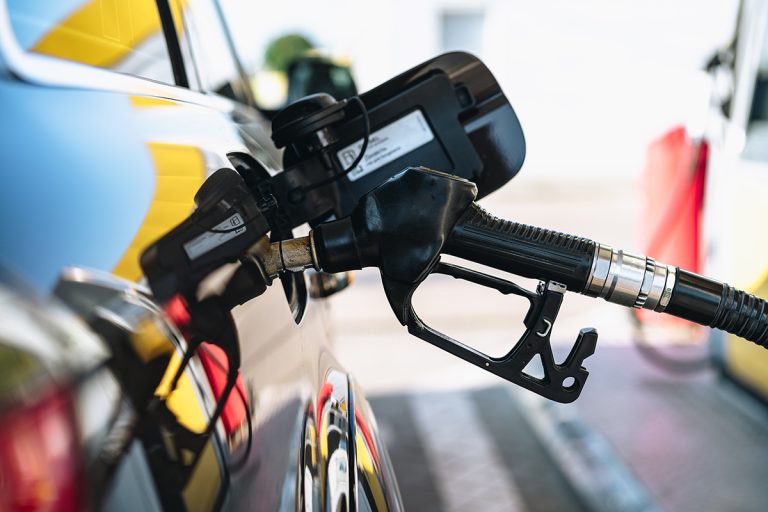Vice President Dr Mahamudu Bawumia has underscored the need for Africa to take urgent steps to transform itself economically to sustain its people.
With a continent of about 1.2 billion people and with about 60% of it been youthful, Dr Bawumia believes that Africa is at a crossroad hence need teamwork to achieve economic transformation for the betterment of the people.
Speaking at this year’s virtual Ghana International Petroleum Conference (GhipCon 2021) themed, “Positioning Africa’s Petroleum Downstream for AfCFTA,” held on Wednesday, March 10, 2021, Dr Bawumia argues that if the youth are unemployed and hungry, the continent risk transitioning into an economic catastrophe.
As part of steps towards accelerating development and empowering the youth of Africa, the vice president avers that Africa needs to boost and expand its internal trade and cut down on how much it trades with Europe, the West and Asia.
Dr Bawumia revealed that Africa trades about 85% with the world and only 15% internally. “This is in sharp contrast with trade amongst the EU at 67%, Asia at 61% and 47% in the Americas. This situation must change if we are truly committed to Africa’s economic transformation”.
He urges all African leaders to let the COVID-19 pandemic be a wakeup call since Africa had to rely on the West for everything including the vaccines.
“The COVID-19 pandemic and the interventions by major suppliers to Africa is a wakeup call to African nations to cooperate more in building a self-sustaining continent.
“We should be cooperating in the development of regional assets including refineries and logistical assets to achieve the economies of scale required for commercial viability. This drives productivity and puts our able youth to work which in turn preserves and enhance their dignity”, he adds.
According to him the AfCFTA is said to be the largest free trade area in the world with a market of about 1.2 billion Africans and this will cumulatively give Africa a GDP of USD 2.5 trillion and this is expected to hit 29 trillion USD by 2050 if intra-African trade is expanded.





